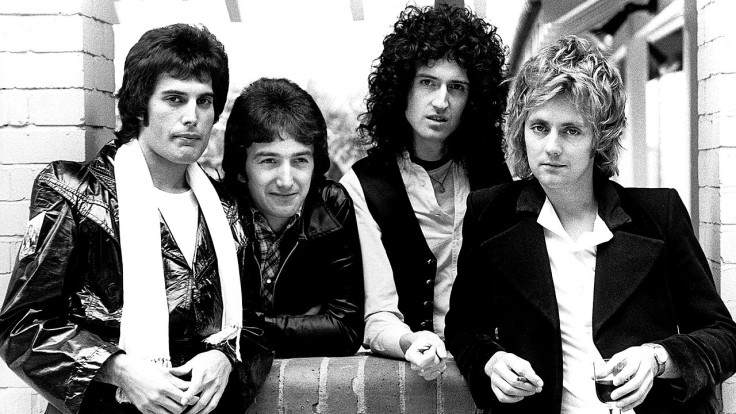He Wrote 'Another One Bites the Dust'—Then Quit Forever: Inside the Disappearing Act of Queen's John Deacon
Freddie Mercury's death resonated deeply with everyone in the band, but for Deacon, it was particularly devastating.

When Queen were at the peak of their success in the 1980s, bassist and songwriter John Deacon was the quiet force holding one of rock's most flamboyant bands together. He penned megahits such as Another One Bites the Dust, You're My Best Friend and I Want to Break Free—yet, at just 46, he made the extraordinary decision to walk away from fame and music altogether.
Nearly three decades later, Deacon continues to live in peaceful obscurity, far from the glare of the spotlight that once made him a global star.
From Engineering Student to Rock Legend
Born in Leicester on 19 August 1951, Deacon developed an early fascination with both music and electronics. While studying electronic engineering at Chelsea College in London, he joined Queen in 1971 after impressing Freddie Mercury, Brian May and Roger Taylor with his calm temperament and clean, steady basslines.
The band needed an anchor for their explosive personalities, and Deacon became exactly that—musically gifted, pragmatic and unflappable.
Armed with his technical know-how, he built the now-famous Deacy Amp used by May, helping to craft Queen's distinctive sound. His precision balanced the band's theatrical excess, and when they ventured into funk and disco in the late 1970s, it was Deacon who brought the groove that changed everything.
The Man Behind the Bassline That Ruled the World
In 1980, Deacon wrote Another One Bites the Dust, inspired by the infectious rhythms of Chic. Its unmistakable bassline turned Queen into a global phenomenon, topping the US Billboard Hot 100 and selling millions. He followed it with enduring favourites like You're My Best Friend, I Want to Break Free and Spread Your Wings, each revealing his melodic sensibility and quiet emotional depth.
While Mercury commanded the spotlight and May delivered guitar heroics, Deacon preferred to fade into the background. He avoided interviews, steered clear of controversy and returned home after shows to his wife, Veronica Tetzlaff, and their growing family in South London. Bandmates called him 'the sensible one'—the man worrying about mortgages and school fees while the rest lived like rock gods.
The Day the Music Stopped
Everything changed on 24 November 1991, when Freddie Mercury died of AIDS-related pneumonia. The loss shattered Queen—and Deacon most of all. He appeared at the Freddie Mercury Tribute Concert at Wembley Stadium in April 1992, visibly heartbroken but determined to honour his friend.
Queen released Made in Heaven in 1995, built around Mercury's final vocals, with Deacon contributing one last time. In January 1997, he joined May and Taylor for a brief ballet tribute in Paris with Elton John, then recorded No-One but You (Only the Good Die Young) later that year. It was both a farewell to Freddie and to his own career.
'As far as we are concerned, this is it. There is no point carrying on. It is impossible to replace Freddie,' Deacon said, according to Smooth Radio.
And with that, he retired—still young, still healthy, still earning millions, but finished with fame.

The Long Silence
Deacon declined to attend Queen's 2001 Rock & Roll Hall of Fame induction and has avoided every reunion or press event since. May and Taylor say he remains a shareholder in Queen Productions Ltd, consulted on key business decisions but never creatively involved.
He reportedly still lives in the same Putney home he bought in the 1970s, where he and Veronica raised six children. Fans occasionally glimpse him at local shops or on golf courses—polite, reserved and quick to vanish.
Contentment in Anonymity
Despite his retreat, Deacon's fortune continues to grow. Company filings show Queen Productions Ltd paid £19.6 million (about $25 million) in dividends in 2023, proving the band's music remains a money machine. Yet Deacon himself seems uninterested in fame or wealth.
As Brian May said last year: 'John's fine—he's happy. He just doesn't want the stress of being involved creatively, and we respect that.'
Nearly thirty years after stepping away, John Deacon has achieved what few rock stars ever do: quiet wealth, enduring love and complete peace. He wrote the bassline that made the world dance—and then, with perfect timing, chose silence.
© Copyright IBTimes 2025. All rights reserved.





















